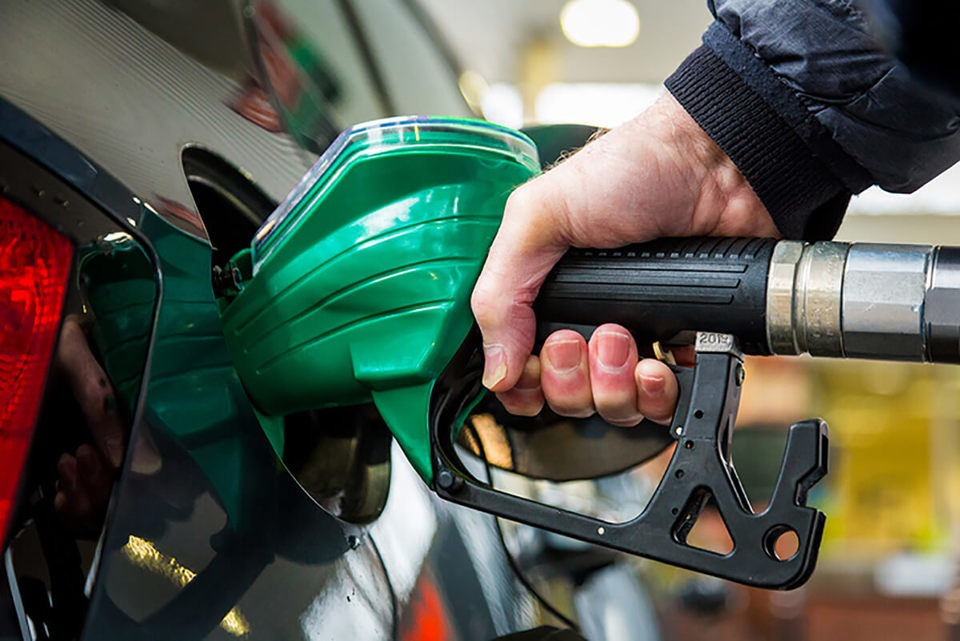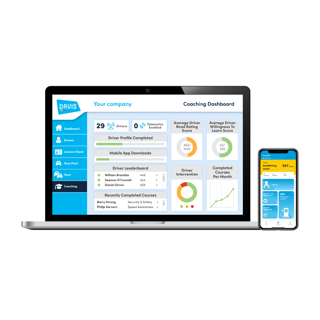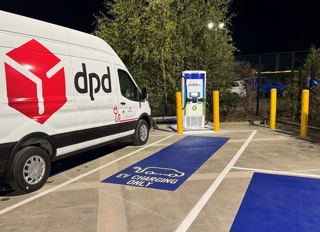Fleets are fearful of a potential hike in fuel duty by the next Government, according to the Association of Fleet Professionals (AFP).
While fuel duty has been frozen since 2011-12, there is a worry that a rate rise could be on the horizon, with Labour leader Sir Keir Starmer refusing to rule out a fuel duty increase and no mention on the future of fuel duty from the Conservatives in its election manifesto, other than highlighting previous freezes and extensions.
Starmer told the Sky News’ leader debate that the party would not raise income tax, national insurance or VAT, when asked directly if a Labour Government would increase fuel duty.
When asked again if he would rule out fuel duty rises, Sir Keir said Labour had supported a freeze on the tax “every single time it has come up”.
Paul Hollick, AFP chair, said: “Uncertainty over fuel duty would be a worry for some fleets.
“Shadow chancellor Rachel Reeves has also refused to rule out future increases, although there was no mention in Labour’s manifesto document.”
Hollick said fleets have had more than a decade of fuel duty freezes, so have very much become accustomed to taxation at the current rate.
He added: “At a point in time when company transport budgets are very much under pressure, any increase will be very much unwelcome.”
A rise in fuel duty would have a major impact on the fuel costs affecting fleets, with a particularly heavy impact on commercial fleet operators that have fewer vehicles transitioning to zero emissions technology.
The Office for Budget Responsibility (OBR) estimates that fuel duties are expected to raise £24.7 billion in 2023-24.
However, the OBR also estimates increased take-up of electric vehicles (EVs) is expected to cost £13bn a year in lost fuel duty by 2030.
Chancellor Jeremy Hunt announced a 12-month extension to the temporary 5p fuel duty cut for petrol and diesel as part of the Spring Budget in March. This was in addition to cancelling the planned inflation increase for 2024/25.
The temporary cut was first introduced in March 2022 to combat high fuel prices after global supply chain issues following the pandemic, as well as Russia’s invasion of Ukraine.
Based on the current Government, petrol and diesel duty rates are set to rise by 5p in March 2025 plus retail price index (RPI) inflation (in April 2025) and by RPI inflation every year thereafter.
Road pricing next steps

The AFP has recently published its Tax and Regulation Manifesto and urged the next Government to be open about its plans around road tolling or road pricing, which the AFP expects to be introduced “at some point during the next decade”.
Hollick said: “A transparent dialogue that allows a form of road tolling to be discussed and ultimately adopted that both fulfils the needs of the Treasury and is simple and easy for fleets to use.”
In one of its most eye-catching transport policy pledges, the Conservatives have pledged to stop road pricing plans, but there was no indication how they would plug the predicted shortfall in road taxes from the switch to EVs.
The Conservative’s manifesto says: “A Conservative Government will not introduce pay per mile road pricing and will ban mayors and local councils from doing so.”
Meanwhile, the Liberal Democrats have announced plans to support motorists in rural areas by doubling the scope of the Rural Fuel Duty Relief scheme to include another 20 areas.
Rural Fuel Duty Relief is currently applied to 21 areas across the country, including the Isles of Scilly, three postcode districts in England, and the Highlands and Orkney and Shetland in Scotland.
Fuel retailers in these areas can apply for relief of 5p per litre of petrol or diesel, which is then passed on to consumers through reductions in price at the pump.
To read more about the transport policies of all the political parties, click here.





















Login to comment
Comments
No comments have been made yet.